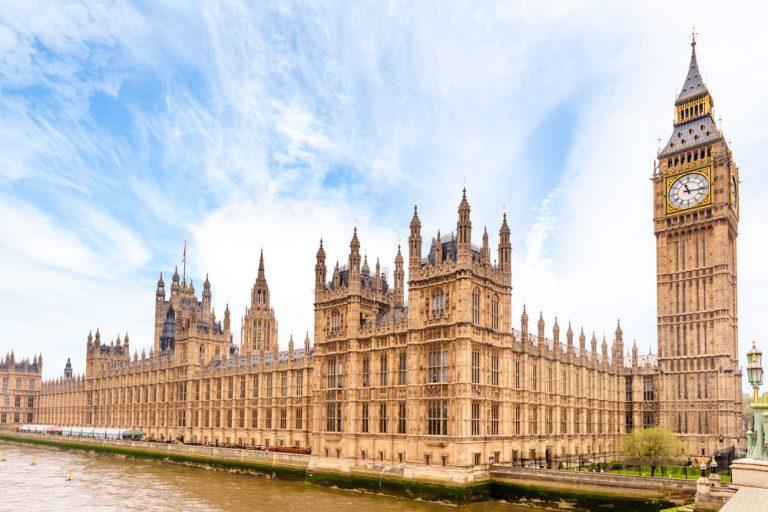
The chancellor can only end austerity by borrowing £19 billion or if Britain’s tax burden is raised. In the event of the latter, Britain’s tax burden will need to be raised to the highest level for almost 70 years. This was warned by the Institute for Fiscal Studies (IFS).
The IFS have warned that even the minimal definition of “ending austerity” would cost the chancellor £19 billion at the very least. Moreover, the IFS said that there was virtually no prospect of a “Brexit dividend” for the public finances. It also predicted that the UK’s economic growth will remain weak for a further two years.
The warning comes just weeks before the chancellor is set to announce the winter budget.
Indeed, the IFS has set out only two methods chancellor Philip Hammond can end austerity. First, this can be achieved by significantly increasing tax. Next, by borrowing such a vast amount of money that Hammond can no longer commit to eliminating deficit.
IFS Director, Paul Johnson, has said the decision will “probably be the biggest non-Brexit related decision this chancellor will make”.
“He has a big choice,”
“He could end austerity, as the prime minister has suggested.”
“But even on a limited definition of what that might mean would imply spending £19 billion a year more than currently planned by the end of the parliament. An increase of that size is highly unlikely to be compatible with his desire to get the deficit down towards zero.”
“Alternatively, the chancellor could stick to his guns on the deficit and leave many public services to struggle under the strain of a decade and more of cuts.”
“He could reconcile these demands by raising taxes, and in principle there are plenty of good options.”
However, Boris Johnson has said that it is less likely the government will increase taxes.
“Increasing borrowing is clearly the line of least resistance,”
“If I had to guess I would guess borrowing will be higher than the number in the spring statement.”
